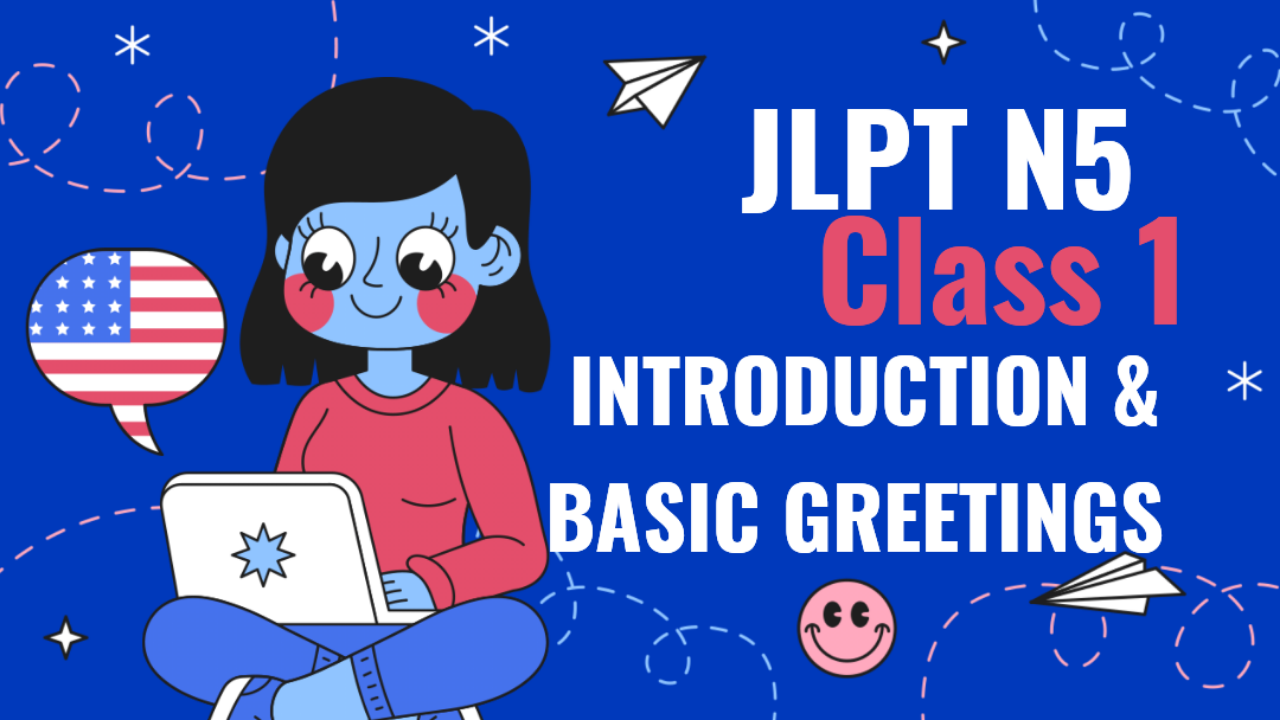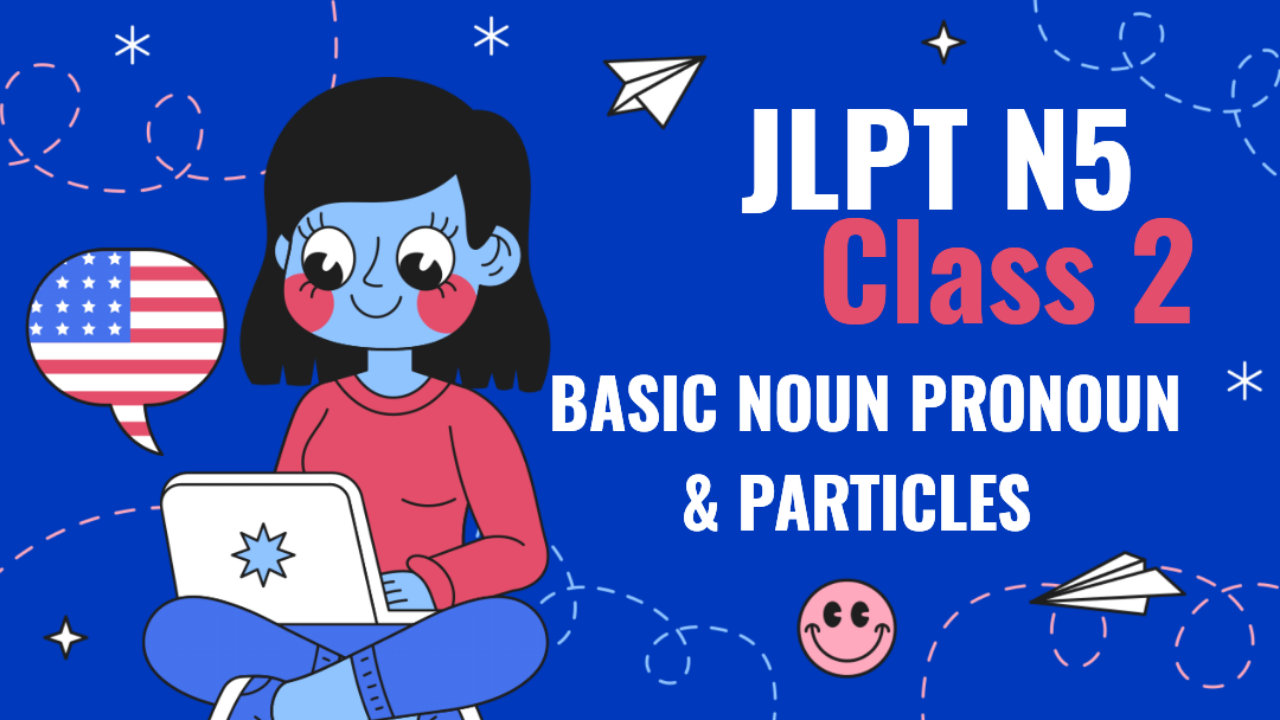Class 10: Verbs and Their Conjugations in Japanese
Goal: Learn the basic verb conjugations in Japanese, including present, past, negative, and polite forms.
1. Types of Verbs in Japanese
There are three types of verbs in Japanese:
- う-Verbs (Godan-doushi)
- る-Verbs (Ichidan-doushi)
- Irregular Verbs
2. Conjugation of る-Verbs
る-Verbs are the easiest to conjugate. To conjugate a る-verb, you simply remove the る and add the appropriate ending.
Examples of る-Verbs:
- たべる (taberu) – to eat
- みる (miru) – to see
Present Affirmative:
- たべる → たべます (tabemasu) – I eat / will eat (polite)
- みる → みます (mimasu) – I see / will see (polite)
Present Negative:
- たべない (tabenai) – I don’t eat
- みない (minai) – I don’t see
Past Affirmative:
- たべた (tabeta) – I ate
- みた (mita) – I saw
Past Negative:
- たべなかった (tabenakatta) – I didn’t eat
- みなかった (minakatta) – I didn’t see
3. Conjugation of う-Verbs
For う-verbs, you change the final う sound into the corresponding い sound and add the appropriate ending.
Examples of う-Verbs:
- かく (kaku) – to write
- のむ (nomu) – to drink
Present Affirmative:
- かく → かきます (kakimasu) – I write / will write (polite)
- のむ → のみます (nomimasu) – I drink / will drink (polite)
Present Negative:
- かかない (kakanai) – I don’t write
- のまない (nomanai) – I don’t drink
Past Affirmative:
- かいた (kaita) – I wrote
- のんだ (nonda) – I drank
Past Negative:
- かかなかった (kakanakatta) – I didn’t write
- のまなかった (nomanakatta) – I didn’t drink
4. Irregular Verbs
There are two main irregular verbs: する (suru) – to do and くる (kuru) – to come.
する Conjugation:
- Present Affirmative: します (shimasu) – I do / will do
- Present Negative: しない (shinai) – I don’t do
- Past Affirmative: した (shita) – I did
- Past Negative: しなかった (shinakatta) – I didn’t do
くる Conjugation:
- Present Affirmative: きます (kimasu) – I come / will come
- Present Negative: こない (konai) – I don’t come
- Past Affirmative: きた (kita) – I came
- Past Negative: こなかった (konakatta) – I didn’t come
5. Using Verbs in Sentences
Examples:
- ほんをよみます。 (Hon wo yomimasu.) – I will read a book.
- みずをのみません。 (Mizu wo nomimasen.) – I will not drink water.
- ともだちにあいました。 (Tomodachi ni aimashita.) – I met a friend.
- でんしゃにのりませんでした。 (Densha ni norimasen deshita.) – I didn’t ride the train.
6. Verb Conjugation Chart
Here is a quick chart to help you conjugate verbs:
7. Kanji (5 More Kanji)
Here are 5 more kanji related to verbs and actions:
8. Practice Questions
- How do you say "I didn’t eat" in Japanese?
- Conjugate the verb "to write" (かく) in the polite past form.
- Translate: "He will drink water."
- How do you say "I don’t see" in Japanese?
- Conjugate the verb "to do" (する) in the present negative form.
9. Listening Practice
Find audio resources that involve verbs in different conjugations, such as someone describing their daily activities or recounting past events. Listen and practice identifying verb forms.
10. Homework
- Write 5 sentences using different verb forms (present, past, negative, polite).
- Memorize the 5 new kanji (食, 見, 書, 飲, 来).
- Practice conjugating る-verbs and う-verbs into the past and negative forms.
This concludes your 10-class course on the Japanese N5 level! You've learned essential topics such as sentence structure, particles, adjectives, and verbs. Keep practicing, and you'll improve quickly. Let me know if you'd like to focus on any particular area for revision or additional practice!





















